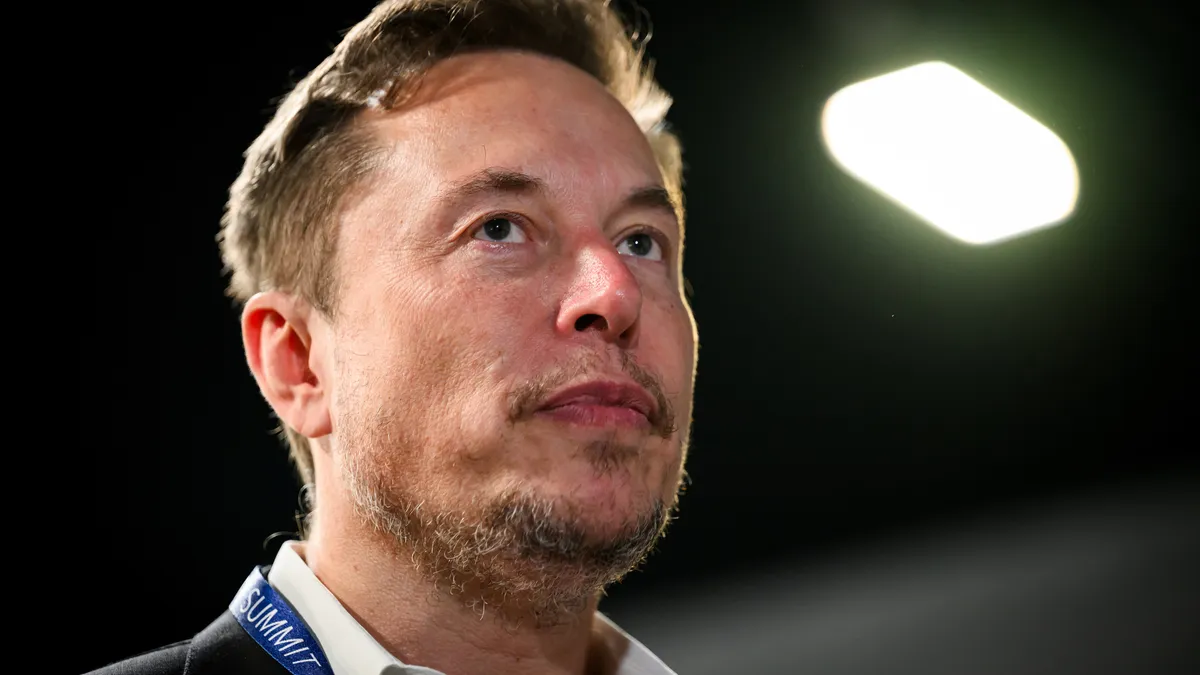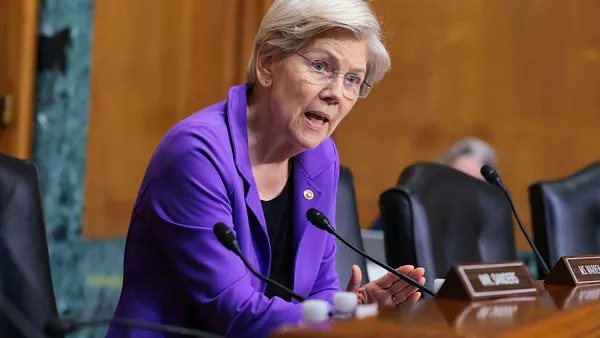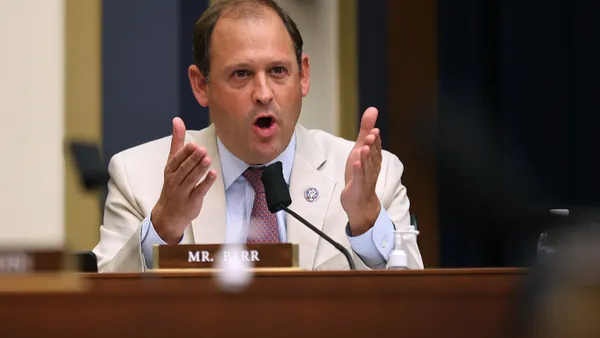Business mogul and presumed Trump Cabinet appointee Elon Musk called for the elimination of the Consumer Financial Protection Bureau, in a post Wednesday on social media platform X, which he owns.
“Delete CFPB. There are too many duplicative regulatory agencies,” Musk wrote.
The consumer watchdog, a product of the post-financial crisis Dodd-Frank Act, has long been the subject of Republican ire. Rep. Patrick McHenry, R-NC, ranking member on the House Financial Services Committee, told Director Rohit Chopra in December 2022 that under a Republican-majority Congress, “I think you’ll wish you tried harder to play by the rules.”
Earlier this year, the Supreme Court upheld the CFPB’s funding structure. Challengers took issue with the fact that the CFPB’s funding comes from the Federal Reserve, rather than Congress, but the nation’s highest court found in a 7-2 decision that that did not violate the U.S. Constitution’s separation-of-powers principles.
More than two dozen Republican attorneys general tried to join challengers in their case against the CFPB but were barred by the Supreme Court for undisclosed reasons.
McHenry, at the time, pledged that Republicans would continue the fight “to rein in the rogue CFPB.”
Alongside fellow business mogul and former presidential candidate Vivek Ramaswamy, Musk has been named by President-elect Donald Trump to run a new government office known as the Department of Government Efficiency. DOGE, which shares a name with but is unrelated to a cryptocurrency long touted by Musk himself, aims to cut government spending and reduce bureaucracy.
Musk and Ramaswamy "will pave the way for my Administration to dismantle Government Bureaucracy, slash excess regulations, cut wasteful expenditures, and restructure Federal Agencies," Trump said in a prepared statement Nov. 12.
The incoming administration likely can’t dissolve the CFPB without being provided that authority by Congress, but can have it “focus on different things, or take out all its teeth,” said John Diamond, director of the Center for Public Finance at Rice University’s Baker Institute, in an interview with Payments Dive earlier this month.
A spokesperson for the CFPB didn’t immediately respond to a request for comment.















